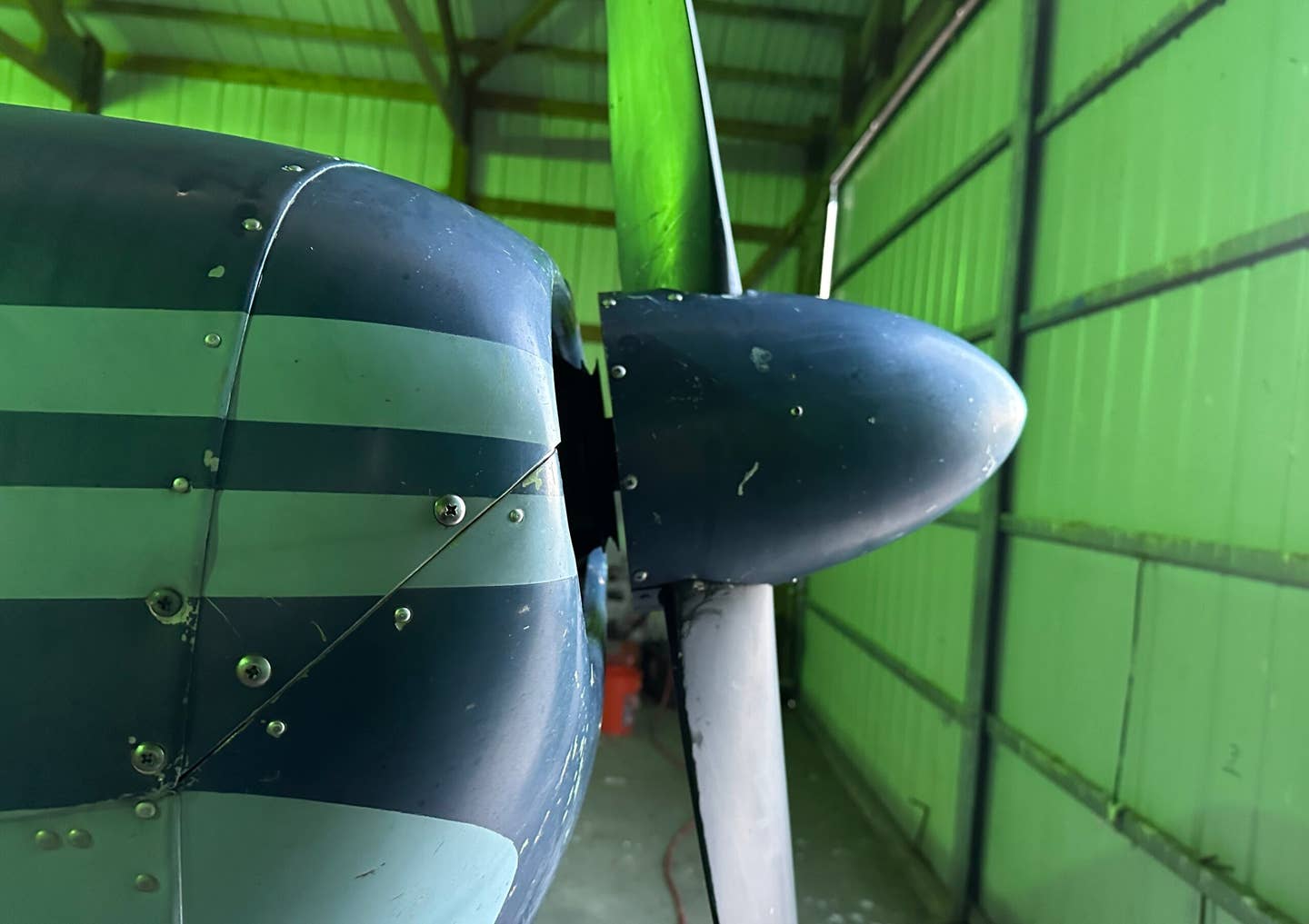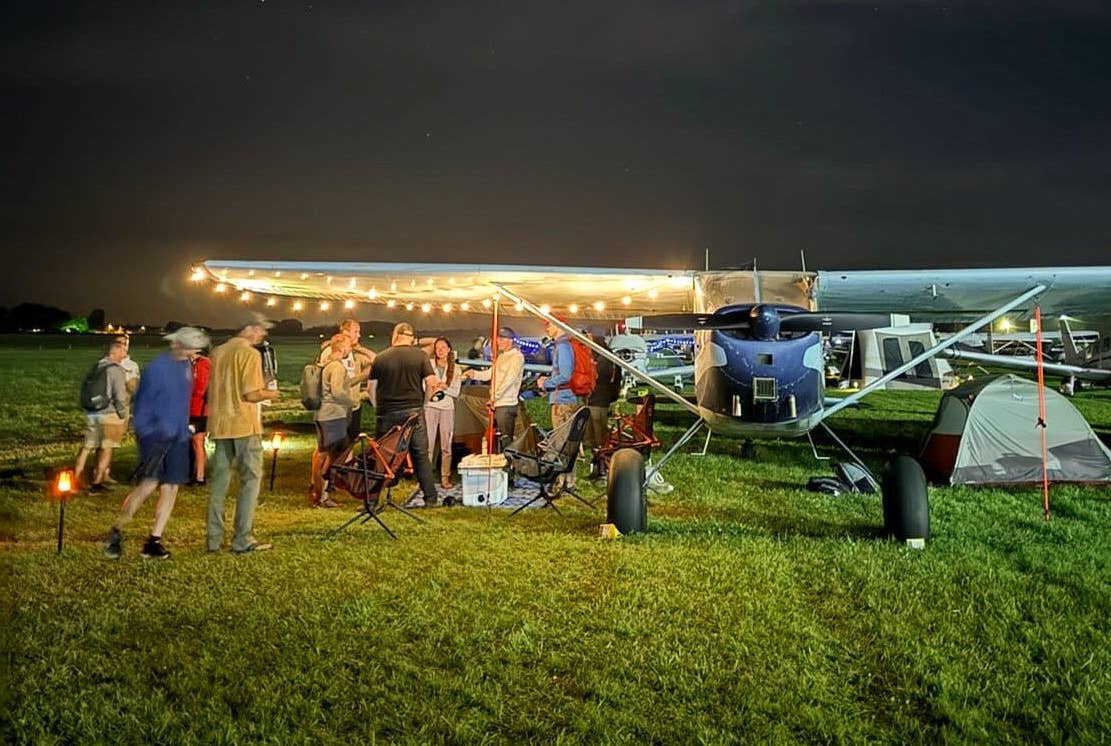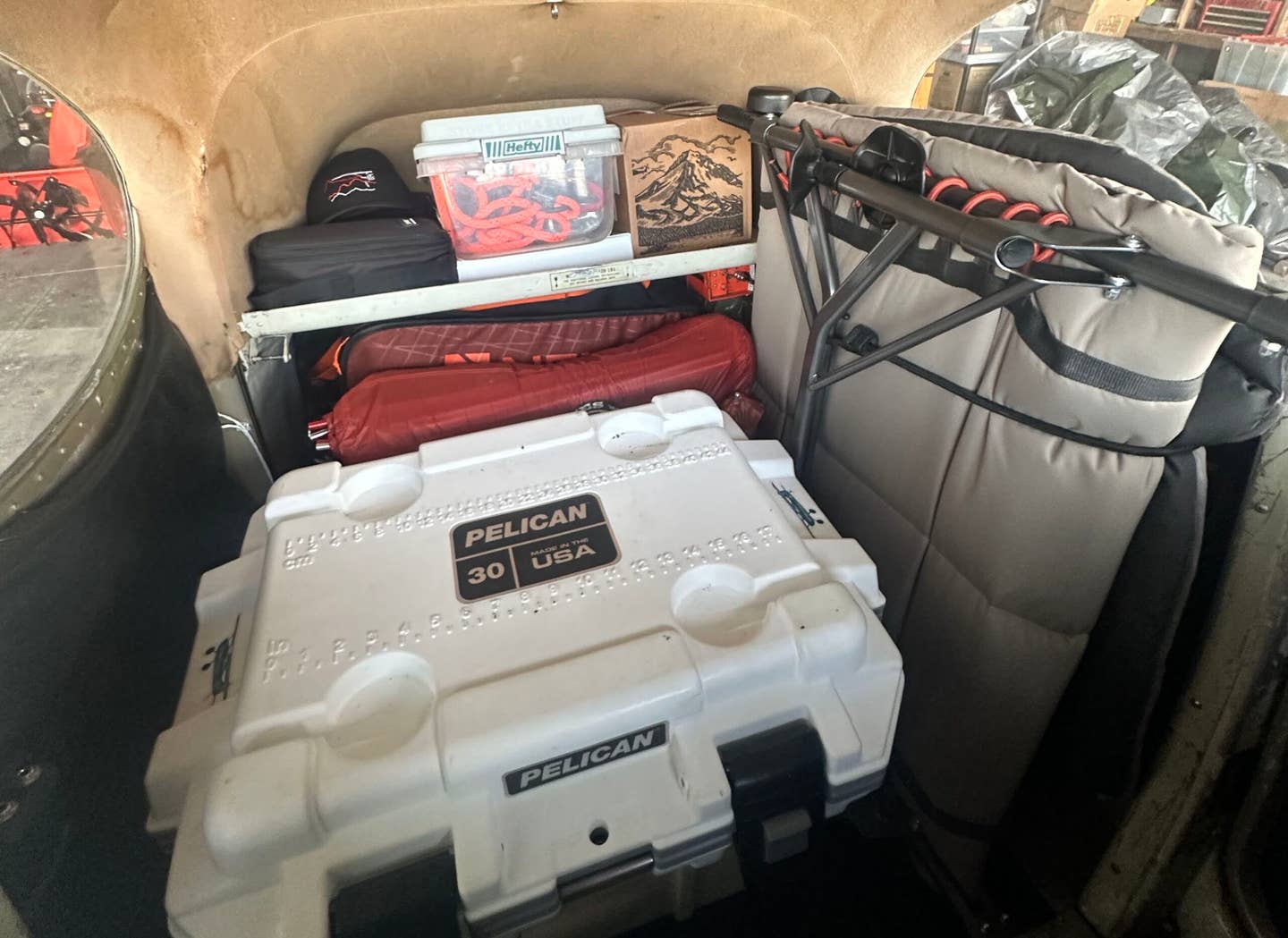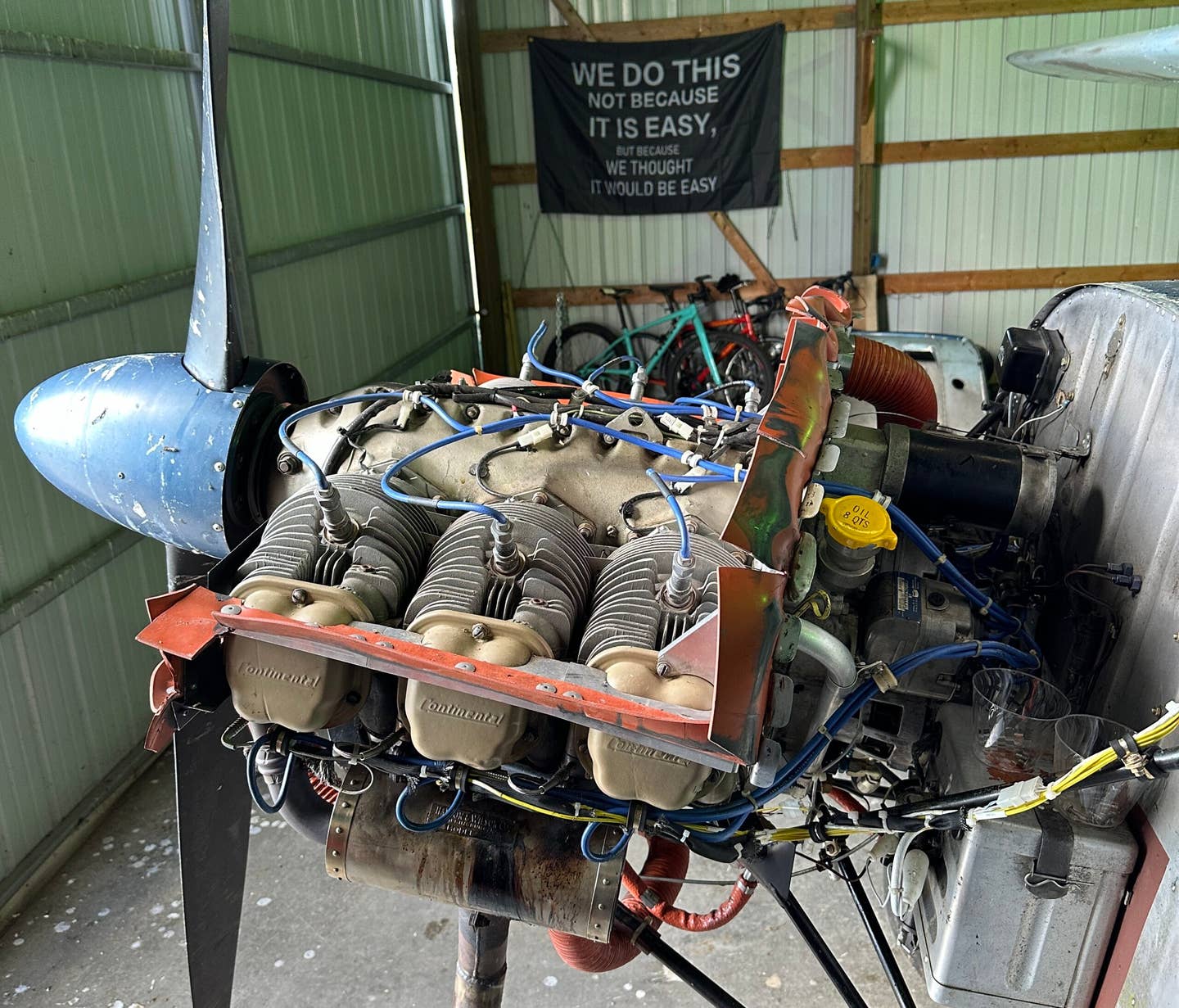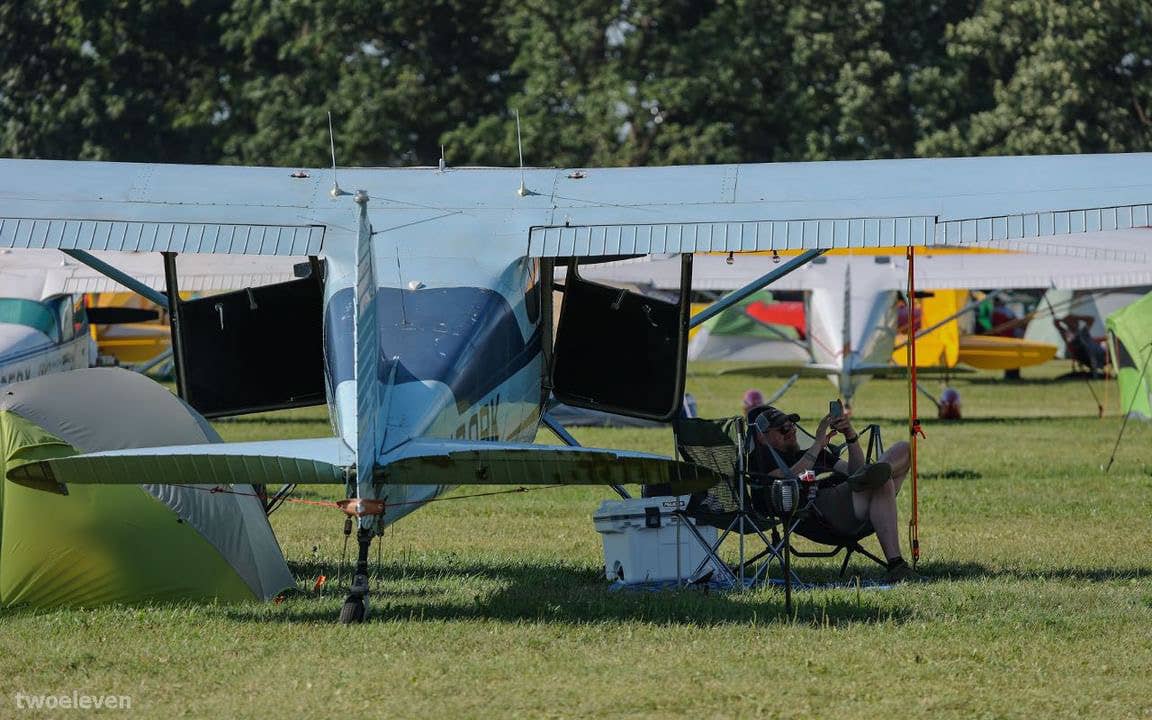When It’s Better to Have It and Not Need It
Often it’s better to go with an airplane with plenty of capabilities that you can grow into rather than out of.
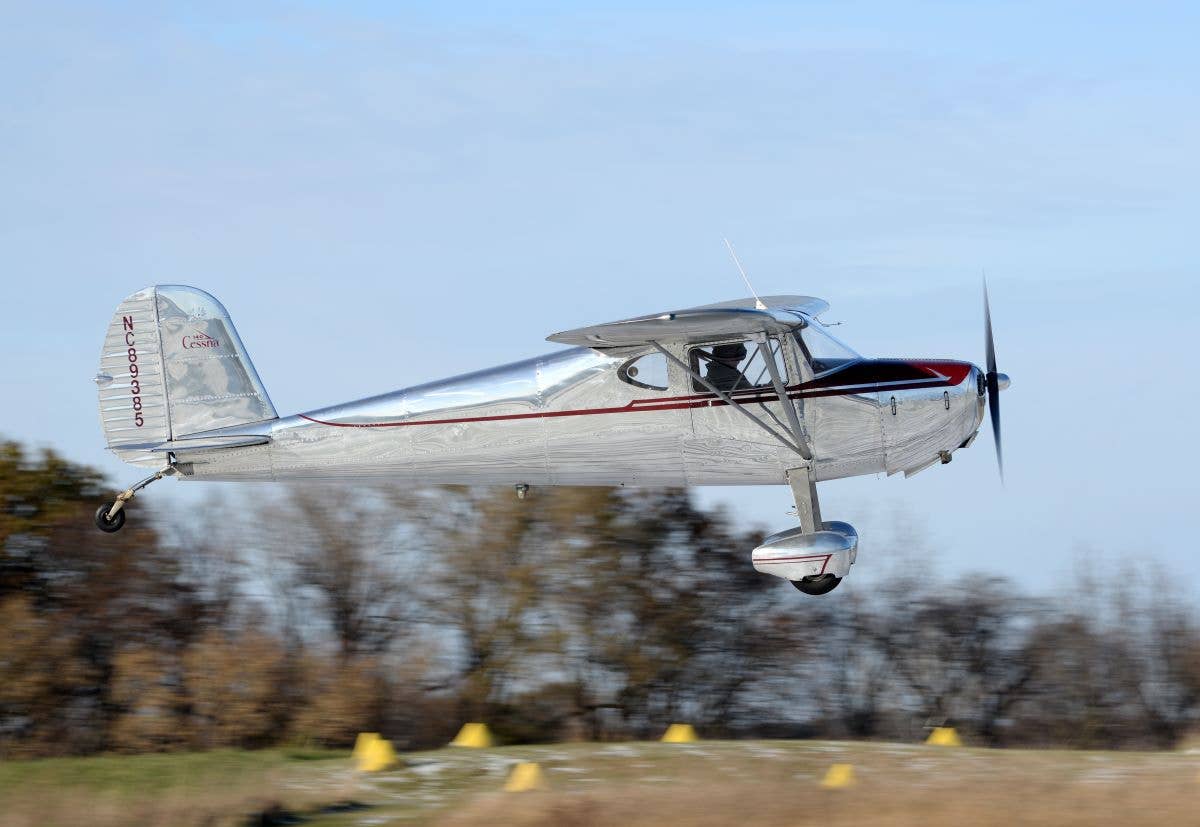
While the Cessna 120 and 140 perform their missions admirably well, opting for a larger, more capable aircraft can potentially prove to be a more suitable long-term solution. [Courtesy: Jason McDowell]
Growing up, my progression of automobile ownership was perhaps not unlike that of many other kids in blue-collar families of the 1990s. Upon turning 16 and earning your license, you save your meager funds, and you take what you can get. In my case, what I could get was my grandparents’ well-worn Oldsmobile sedan, resplendent with red velour interior, pointy spoked hubcaps, and a vibrant colony of electrical gremlins that regularly caused me to become stranded on the side of the road.
Knowing that I was fortunate to have a car at all and understanding that complaining would in no way reduce the frequency of breakdowns, I rolled with it, ultimately developing a creative solution. I’d simply remove both of my bike’s wheels and keep it stored in the trunk. It was better to have it and not need it than the other way around, I reasoned. And sure enough, about once a week, I’d leave the dead Oldsmobile on the shoulder of the road and deploy my auxiliary bicycle to reach my destination more or less on time. As I recall, the car would magically start back up after sitting for most of the day.
Since then, that “better to have it and not need it” philosophy has served me well, even extending to aircraft ownership. It first emerged early in my shopping process when I was narrowing my choices to just a few models.
After earning my tailwheel endorsement in an old Cessna 140, I initially decided that it or its flapless twin, the 120, would be the type for me. The familiar Cessna yoke and handling put me at ease, as did the docile yet engaging takeoff and landing qualities. Parts and qualified service were easily sourced, and the small C85, C90, and O-200 engines all promised low fuel burns and economical operation. Best of all, the acquisition cost of these types was among the lowest out there. The choice seemed obvious, with few, if any, drawbacks.
Then I looked into useful load.
As a resident of Wisconsin, where cheese is as much a lifestyle as a food item and where the long winters make a convincing argument for staying indoors and enjoying said cheese, I, unfortunately, adopted certain physical attributes championed by the general population. Namely, width and weight. Neither is very compatible with 1940s-era light aircraft.
If Cessna had converted the 140 into a mini-Bird Dog, with tandem seating in place of the side-by-side bench seat, things would be significantly more comfy. Luscombe did precisely this with its T8F Observer. But, firmly sold on the early Cessnas, I was faced with the decision of cramming myself into either the small 120 or 140 or saving my pennies for years to enable an upgrade to the larger and more capable 170.
It wasn’t an easy choice. I anticipated the vast majority of my flying to be solo, simply bopping into and out of rural grass strips in nice weather. For this, the smallest Cessnas would fit the bill perfectly. But they’d also limit me to doing only that.
Looking further ahead, I anticipated the occasional camping trip. Certainly to EAA AirVenture in Oshkosh, but also to other destinations, with one friend at a time. And I anticipated someday attempting to join a local circle of friends as they fly into and out of short, challenging airstrips— something that would be both easier and safer when conducted at a takeoff weight well below the airplane’s maximum.
Going with a 120 or 140 would ensure every departure would take place at or near maximum takeoff weight. Every camping trip would have to be solo. Even then, I’d have to pack sparingly. And operating so heavy would also relegate me to longer runways, devoid of substantial departure-end obstacles, where the airplane’s luxurious climb rate could safely commence.
Would I really need the ability to take friends camping or hang with my STOL buddies at challenging strips? No. But just as in my Oldsmobile days, I decided I’d rather have those capabilities and not need them than the other way around.
When it came time to assess the financial reality of acquiring a substantially more expensive 170, it was simultaneously daunting and reassuring. On one hand, a 170 would likely cost about twice what a 120 or 140 would cost. This seems to hold true today.
But on the other hand, it could be argued that I’d simply be parking the money. So long as I kept the airplane in good shape, flying it regularly and maintaining it properly, there’s little chance it would go down in value and decades of evidence that the value would go up. Difficult as it might be to save and spend such a vast sum of money, it was nothing like tossing it away on a depreciating asset like a car.
- READ MORE: Managing the Doldrums of Winter
For the following two years, I poured every ounce of effort into saving enough for a 170. I lost track of how many hours of overtime I worked, but 80-hour workweeks were not uncommon. I routed a significant portion of each paycheck directly into the airplane account—something I continue today to cover my airplane’s fuel and operating costs.
Eventually, the stars aligned. I found the perfect 170, and I had just enough in the bank to make it happen. Now, coming up on three years of ownership, I feel good about the years of effort to “buy my last airplane first” and obtain a more permanent solution.
Do I go on camping trips with friends often? No. Do I hang with my local buddies, ducking into and out of 700-foot strips? Also no. But I’ve got an airplane with those capabilities, one that I can grow into rather than out of. And I feel good having those capabilities and not needing them rather than the other way around.

Subscribe to Our Newsletter
Get the latest FLYING stories delivered directly to your inbox


